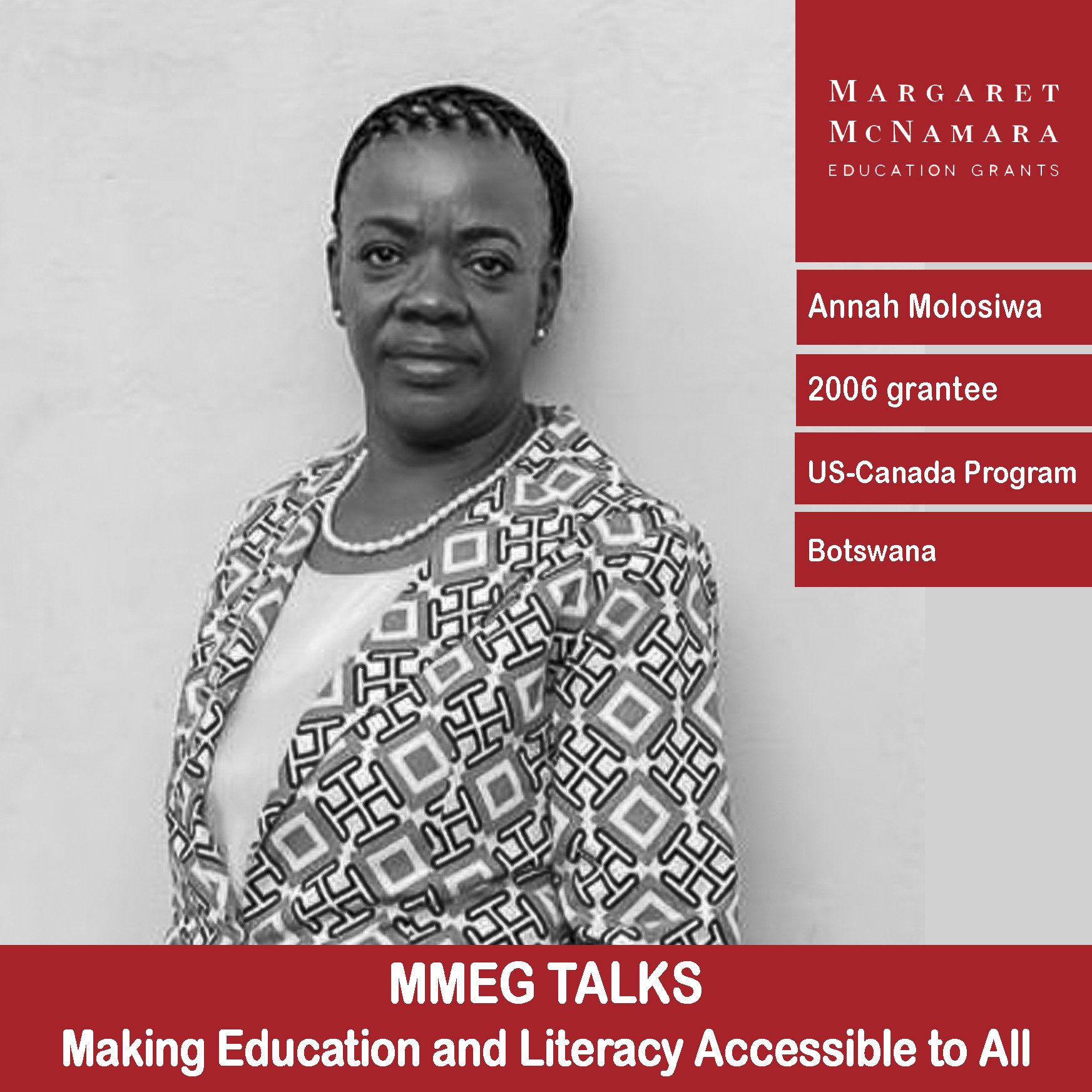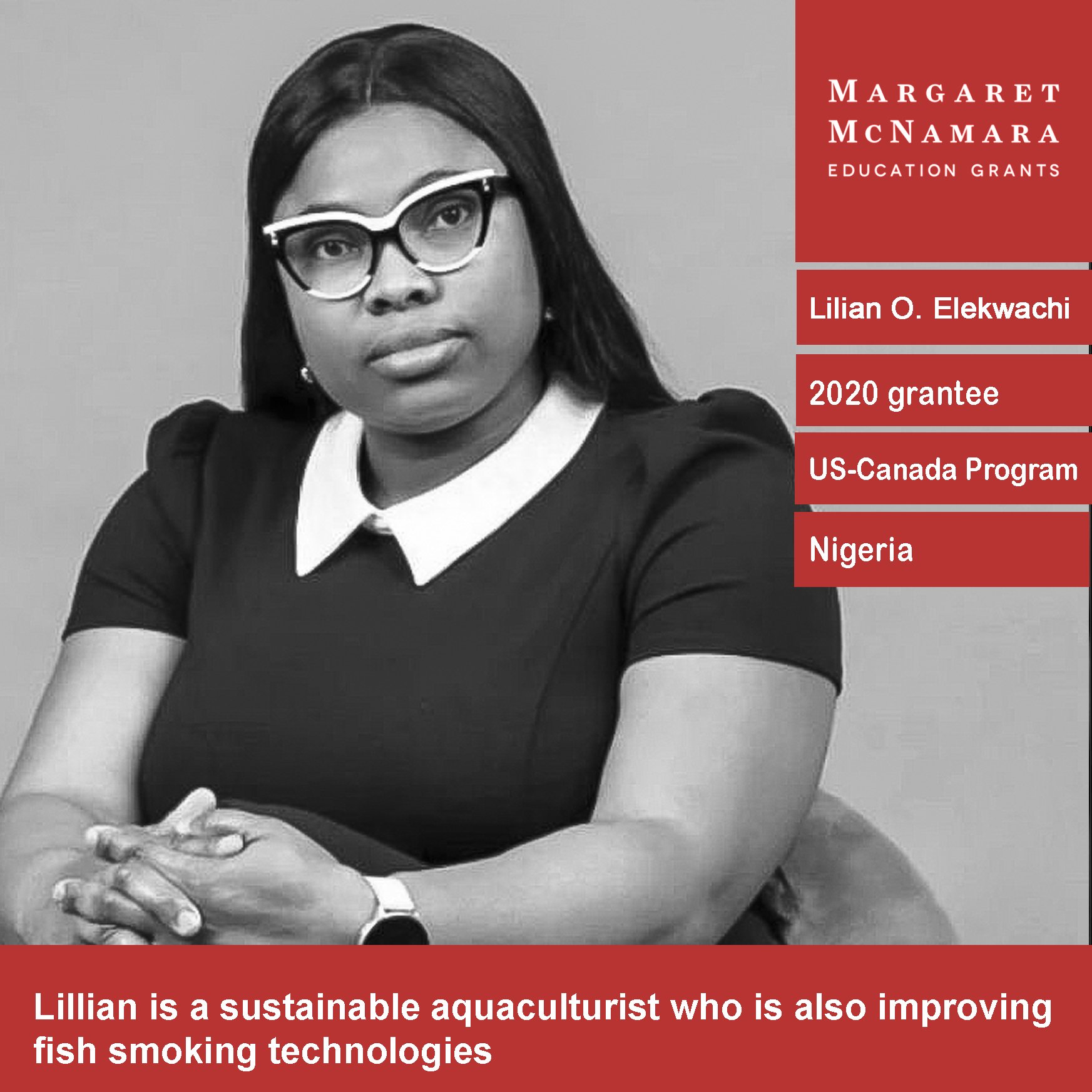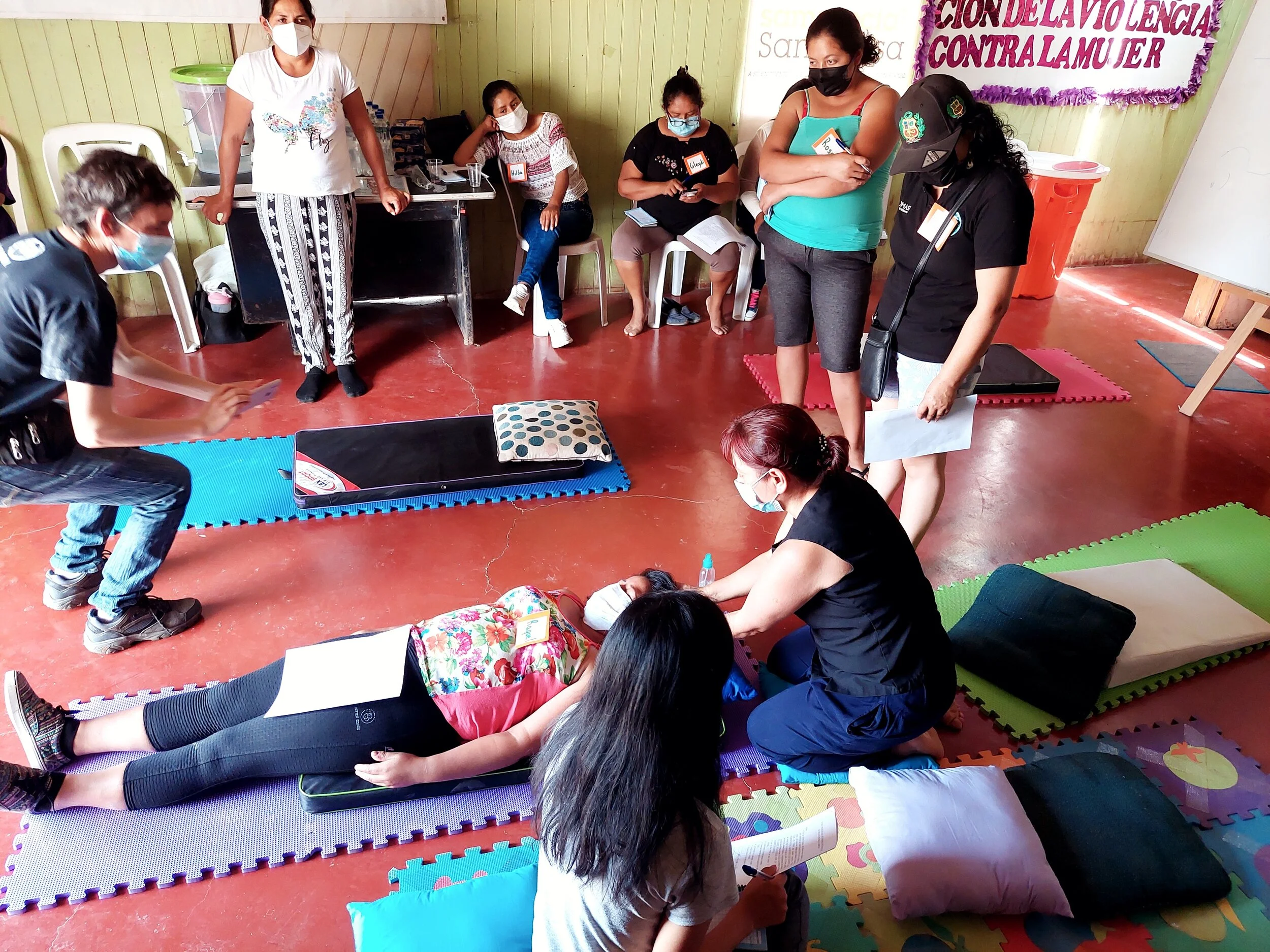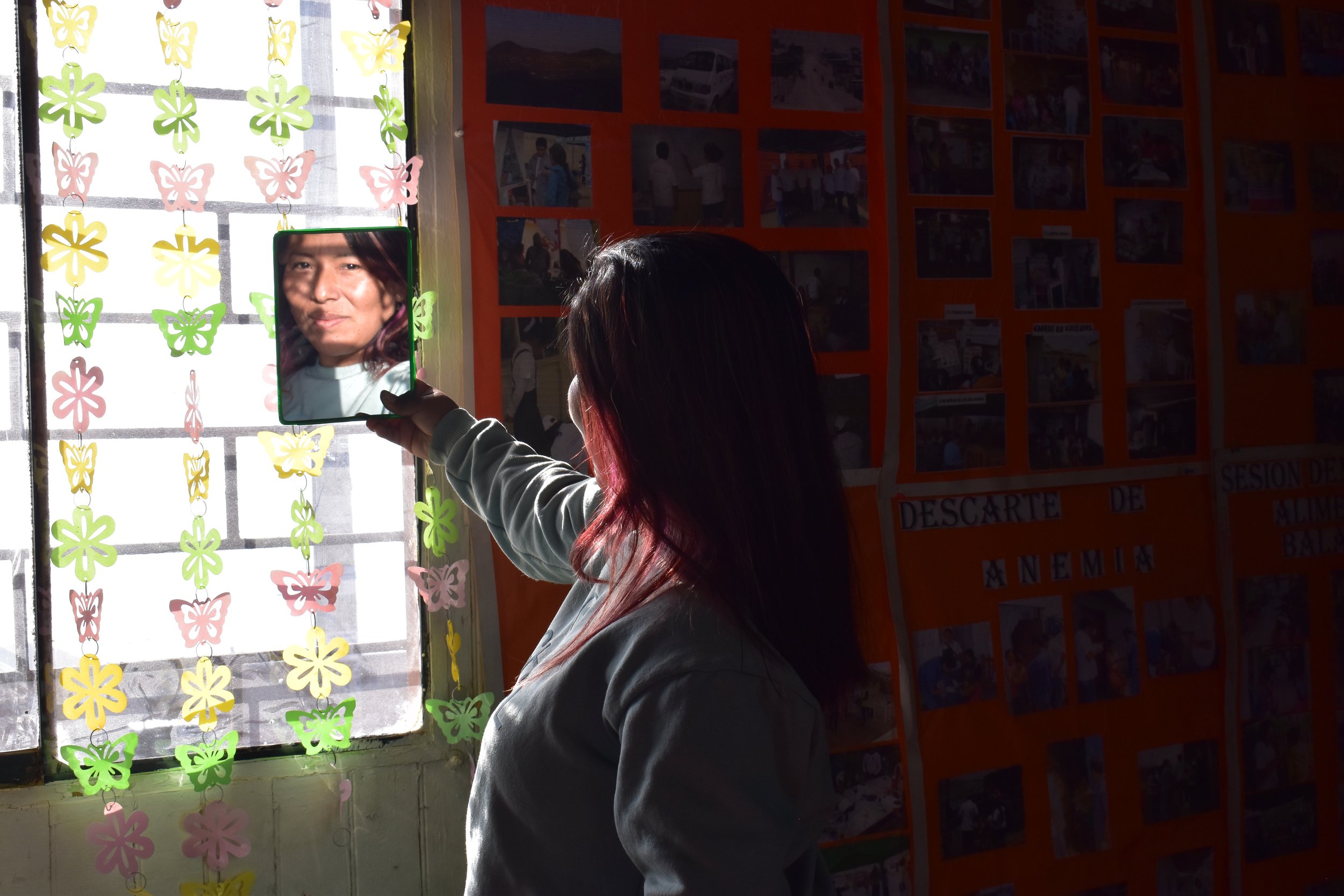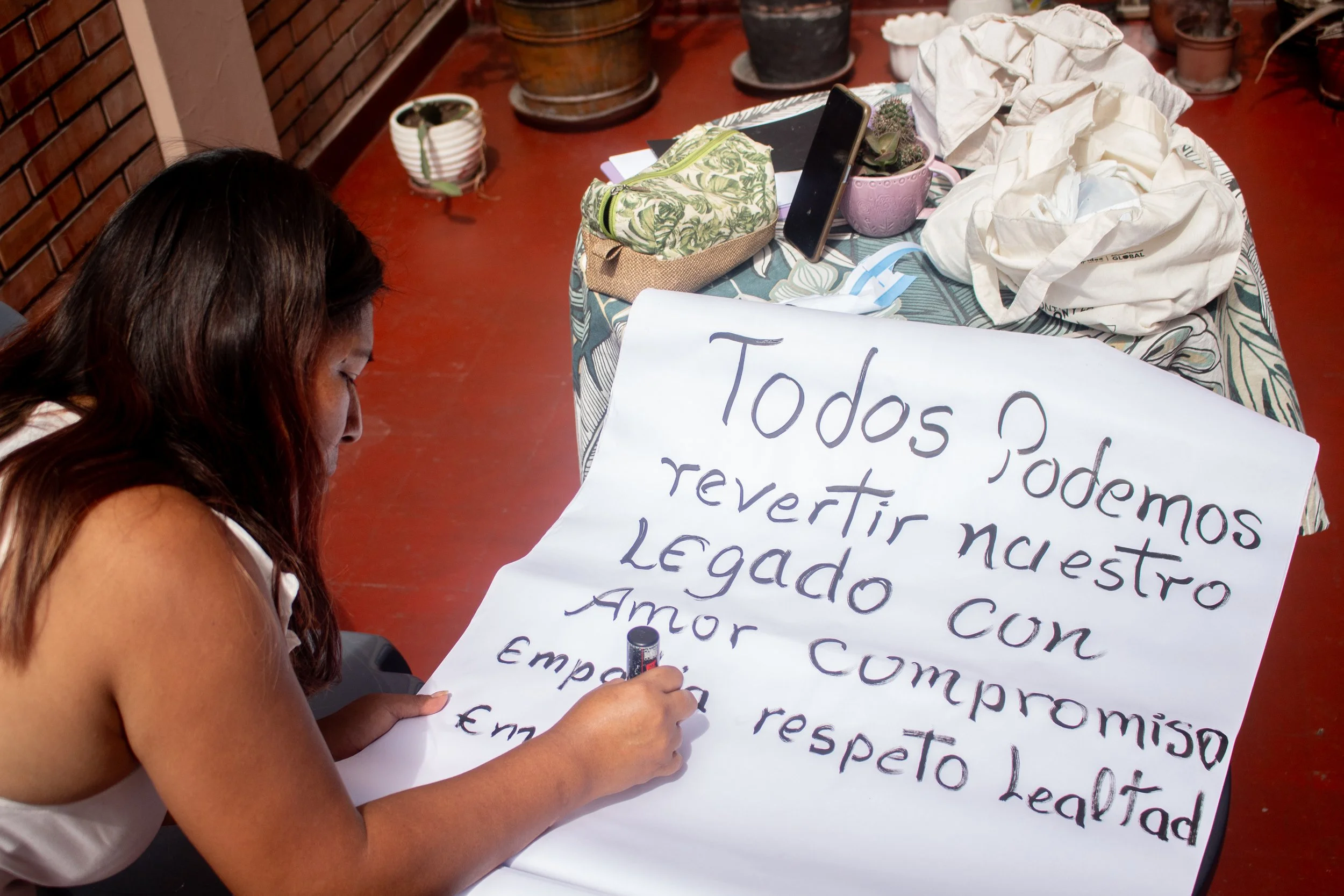I am a Malawian public health specialist with a strong background in public health research, health communication, and capacity strengthening. Currently based in South Africa, where I have lived with my three children for the past decade. I was raised by one very strong and zealous woman (Rank Charity Nkosi) who raised five girls after the loss of my father in 1997. If I could describe myself in one sentence, I would say I am a mother, a fighter, a survivor, and my mother’s daughter: she taught me how to fight and survive.
I hold a Master of Public Health (MPH) from the University of the Witwatersrand, South Africa, with a specialization in Social and Behavior Change Communication (SBCC)—a degree made possible through the grant I received from Margaret McNamara Education Grants (MMEG) in 2013. This grant was more than financial support; it was an affirmation of my life’s purpose: to serve women and children through public health.
Receiving the MMEG grant in 2013 was not just a financial lifeline, but a turning point. It validated my mission to advocate for women and children through public health and empowered me to pursue my MPH.
Currently, I serve as the Social and Behaviour Change Communication (SBCC) Lead, seconded to South Africa’s National Department of Health TB Control Programme, where I play a key role of providing technical guidance for the implementation of the National End TB Campaign, ensuring that TB messaging is impactful, evidence-based, and reaches the communities that need it most. The End TB Campaign was officially launched by South Africa’s Deputy President and Minister of Health on World TB Day, March 24, 2025. Through strategic communication efforts, we aim to raise awareness, reduce stigma, and mobilize action to find and treat the missing people with TB, bringing South Africa closer to ending TB as a public health threat.
Since graduating in 2015, I have worked across sub-Saharan Africa, designing and implementing social and behavior change communication (SBCC) programs that impact the lives of women, children, youth and other marginalized groups across sub-Saharan Africa. I’ve worked with major global health organizations such as Save the Children, UNAIDS, USAID, and FHI360 on maternal, newborn, and child health, HIV prevention, TB programming, sexual and reproductive health, and adolescent health.
In Malawi, I successfully led the design and implementation of the newborn health behavior change strategy, Khanda ndi Mphatso (A Baby Is a Gift), implemented by Save the Children International. I also spearheaded the development of the HIV Prevention SBCC Strategy that forms part of the National Strategy for HIV Prevention in Malawi (2021–2025).
Beyond my professional achievements, my most transformative journey has been a personal one. From 2017, faced a series of traumatic life events, including emotional abuse, which deeply impacted mental health. Navigating the darkness of depression and trauma became a defining chapter of adult life—one that taught resilience, healing, and how to turn pain into purpose.
This journey through trauma and recovery has reshaped my understanding of public health, placing mental well-being at the center of advocacy. Out of personal struggle, I co-founded The Fight Club Initiative (FCI)—a women-led empowerment collective working across South Africa and Malawi. FCI supports women who have experienced cycles of gender-based violence, emotional abuse (especially narcissistic abuse), and systemic injustices. Our mission is to break cycles of silence and pain, using traditional, social, and participatory media to foster dialogue, healing, and transformation. We are a sisterhood that believe in helping one another to rise. Our core belief is that women thrive when they are mentally well, economically independent, socially supported, and legally protected. We have support groups in South Africa and Malawi, where we work to support victims and survivors of abuse.
FCI is grounded in a culturally informed “Ladder of Change” framework that guides women from the point of breaking to awakening, empowerment, and renewal. Through support groups, mental health workshops, leadership coaching, and legal advocacy, we help women rebuild their lives and reclaim their voices.
My story of pain and recovery has been featured in two volumes of the Outlive Labels book series—Volume IV: International Sisterhood of Survivors (Africa) and Volume V: Gracefully Broken, Wonderfully Made—both collections of powerful stories from women across the continent who have turned their heartbreaks, their pain, and their suffering into powerful lessons of how to overcome, recover, and regain hope for a better life.
As part of my healing and recovery journey, in an effort to regain my confidence and independence, I established Tumoji Afrika, an online boutique (www.tumojiafrika.com) that sells African-inspired fashion clothing and accessories.
I am deeply grateful to MMEG for believing and investing in my dream at a time when all had was potential and purpose. That belief continues to fuel every life I touch, every program I’ve designed, every initiative I’ve led, every woman I’ve mentored and supported, and every community I’ve served. It continues to inspire me to invest in a new generation of empowered, liberated African women—leaders, survivors, and changemakers. MMEG is the gift that keeps giving!”











